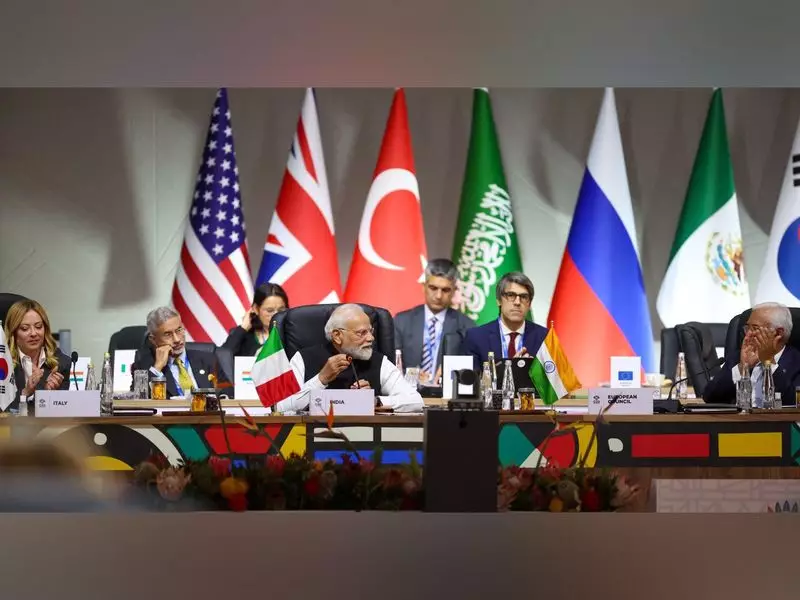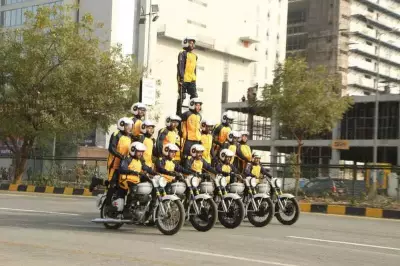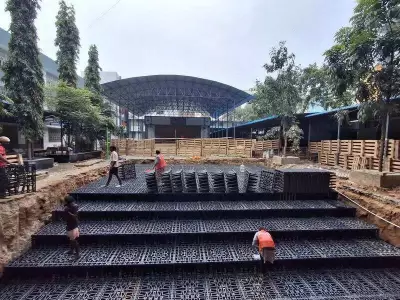
Prime Minister Narendra Modi delivered a significant address at the G20 summit in Brazil, putting forward a compelling vision for the future of global workforce development. During his intervention, the Indian leader emphasized the urgent need to shift focus from immediate job requirements to building capabilities for tomorrow's economy.
A New Vision for Global Workforce Development
Speaking at the prestigious gathering of world leaders, Prime Minister Modi articulated the necessity of creating a global framework for talent mobility. This proposal comes at a critical time when technological advancements and changing economic landscapes are transforming employment patterns worldwide. The Prime Minister's intervention highlighted how the traditional approach to jobs and skills requires fundamental rethinking.
The G20 summit in Brazil served as the perfect platform for this forward-thinking proposal, bringing together leaders from the world's major economies. Prime Minister Modi's emphasis on developing future capabilities rather than merely focusing on current job requirements represents a paradigm shift in global economic thinking. This approach acknowledges the rapid pace of technological change that is rendering many current skills obsolete while creating demand for new capabilities.
Addressing Future Economic Challenges
The Indian Prime Minister's proposal addresses one of the most pressing challenges facing the global economy: the growing mismatch between available skills and emerging job requirements. As artificial intelligence, automation, and digital technologies transform industries, the need for a responsive and adaptable workforce has never been more critical. Prime Minister Modi's framework aims to create systems that can better anticipate and respond to these changes.
This global talent mobility framework would facilitate the movement of skilled professionals across borders while ensuring that training and education systems worldwide align with future economic needs. The proposal recognizes that in an increasingly interconnected world, the development of human capital cannot be confined within national boundaries. Instead, it requires international cooperation and coordination.
Implications for India and the Global Economy
Prime Minister Modi's initiative holds particular significance for India, which possesses one of the world's youngest populations and largest workforce. The proposed framework could potentially unlock new opportunities for Indian professionals globally while attracting international talent to contribute to India's growing economy. This two-way mobility would benefit all participating nations by addressing skill shortages and promoting knowledge exchange.
The timing of this proposal is crucial as countries worldwide grapple with post-pandemic economic recovery and technological disruption. By advocating for a capabilities-focused approach, India positions itself as a thought leader in global economic governance. The framework could help create more resilient economies better equipped to handle future challenges and opportunities.
As the G20 summit continues, world leaders are expected to discuss Prime Minister Modi's proposal in greater detail. The Indian leader's intervention has successfully brought the critical issue of future-ready workforce development to the forefront of global economic discussions, potentially shaping international policies for years to come.





